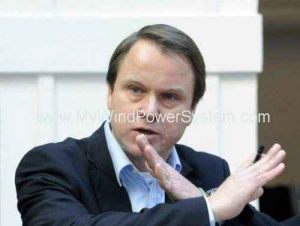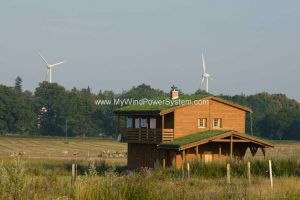 Now, all new renewables projects that do not qualify for the FIT must now use the “hourly bonus” mechanism. There are two payments under this system. Firstly, the renewables generator sells electricity to the obligatory buyer – divisions of dominant Czech energy company CEZ in six regions of the country and the Czech subsidiary of energy giant E.on in two regions – for a price calculated from the difference between the FIT and the hourly green bonus. Then Czech electricity and gas market operator OTE pays the hourly green bonus on top. However one problem lies in the Czech industry ministry’s right to authorise each project above 100kW according to 14 criteria, such as whether it is in line with state energy policy and whether network capacity is sufficient.Mr Busik says:
Now, all new renewables projects that do not qualify for the FIT must now use the “hourly bonus” mechanism. There are two payments under this system. Firstly, the renewables generator sells electricity to the obligatory buyer – divisions of dominant Czech energy company CEZ in six regions of the country and the Czech subsidiary of energy giant E.on in two regions – for a price calculated from the difference between the FIT and the hourly green bonus. Then Czech electricity and gas market operator OTE pays the hourly green bonus on top. However one problem lies in the Czech industry ministry’s right to authorise each project above 100kW according to 14 criteria, such as whether it is in line with state energy policy and whether network capacity is sufficient.Mr Busik says:
“There is a danger of subjective decision making with the aim of preventing renewables development. There is evidence that state-owned energy company CEZ, which has strong coal and nuclear interests, was closely involved in drafting the law, hoping to stop development of renewables and eliminate competition in the electricity market.”
If that wasn’t bad enough, only three months after the law took effect, the Czech Energy Regulatory Office says it has begun to implement plans to stop subsidies for renewable energy sources from 2014, arguing that subsidies currently provided are beyond the financial limits of the Czech Republic. Opponents are trying to halt the plans ot at least delay them until 2020, but 2014 appears to be the favoured date at the present. If the plans go ahead, wind development will come to a complete stop, the Czech wind energy association warns.





